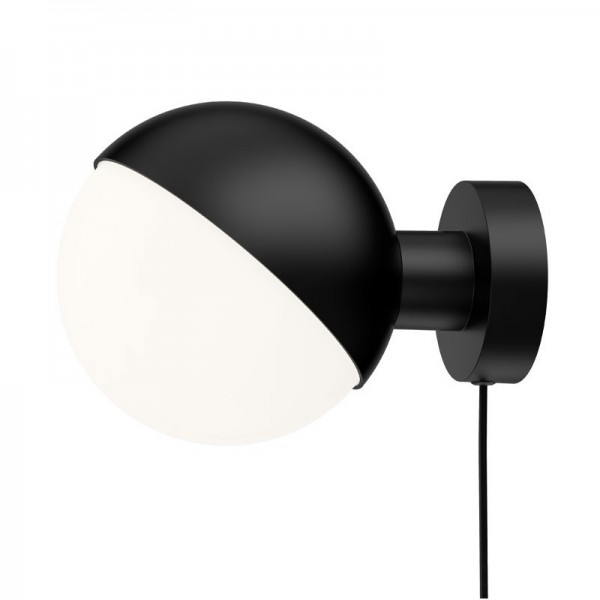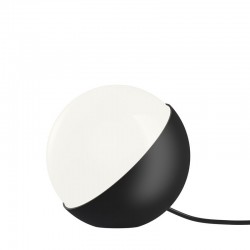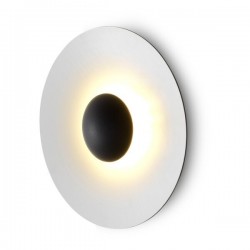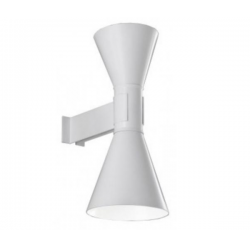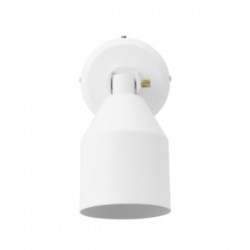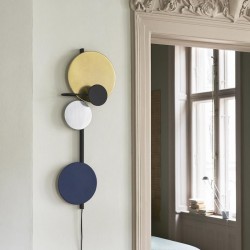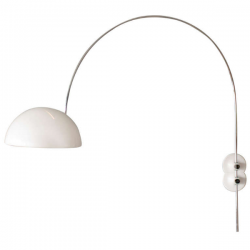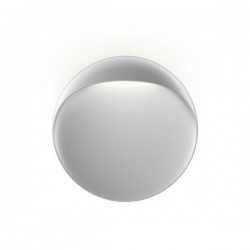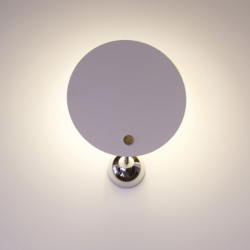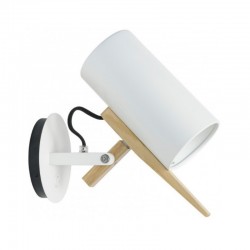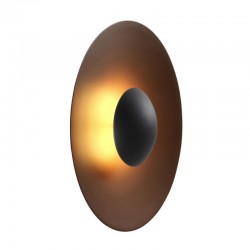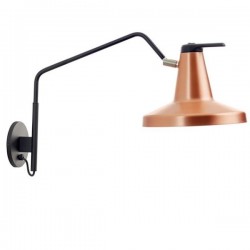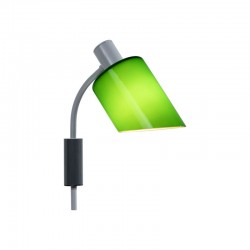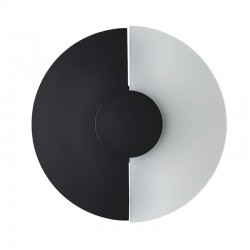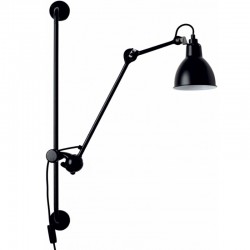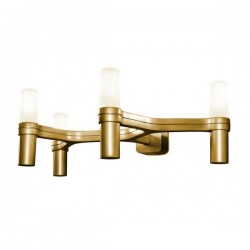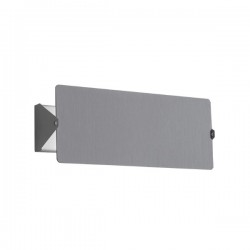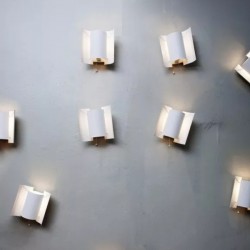Louis Poulsen VL Studio Wall Lamp
The VL Studio family derives from a lamp designed by architect Vilhelm Lauritzen for Radiohuset (The Radio House, headquarters of the Danish Broadcasting Corporation) in Copenhagen in the 1940s. The name ‘Studio’ was chosen because some of the lamps were used outside the studio to indicate – with either a red or green light – whether recording was taking place. Vilhelm Lauritzen was the architect behind Radiohuset, which was inaugurated in his functionalist design in 1945.
Radiohuset is a ‘gesamtkunstwerk’ – like most of Lauritzen’s buildings – meaning that he designed all the interiors and every detail of the building for the project. When developing Radiohuset, Lauritzen designed a broad collection of lamps in close collaboration with Louis Poulsen
- Specifications
Materials & finishes Glass: Mouth-blown, 3-layered opal glass, glossy. Housing: Deep drawn aluminum or brass. Wall box: Die cast aluminum or forged brass. Please note the untreated brass will patinate over time, creating a beautiful, unique appearance.
Available in two finishes. Black or white plastic cord.
Bulb (not included) 1 x G9 Glass can be unscrewed to change the light source. On/off switch on cable. The Louis Poulsen VL Studio Wall Lamp can also be mounted directly onto a power outlet with on/off on main switch.
IP20 rated.
Kindly note that this product is CE-approved only and should only be used in countries that follow and accept this standard. If it is used elsewhere it will be at the customer's sole risk, responsibility and liability.
- Size Description
Height: 15cm x Depth: 20.2cm x Wall Fixture Diameter: 9.1cm
Cable Length: 250cm
-
Vilhelm Lauritzen
Vilhelm Lauritzen (1894–1984) is one of the most significant architects in the history of Denmark; he was the trail-blazing figurehead of Danish functionalism. A number of his buildings – Nørrebro Theatre (1931–32), Daells Varehus department store (1928–35), Radiohuset (1936-41) and the first airport built in Kastrup (1937–39) – represented the concentrated essence of contemporary life. Other significant buildings to stem from Lauritzen’s drawing board include Folkets Hus (1953–56) better known today as the Vega concert venue, the Shellhuset (1950–51) building and the Danish embassy in Washington (1958–60). In particular the Radiohuset building and the earliest version of Kastrup Airport – both listed today – are considered peerless monuments to modernism in the European genre of construction.


 EUR
EUR


